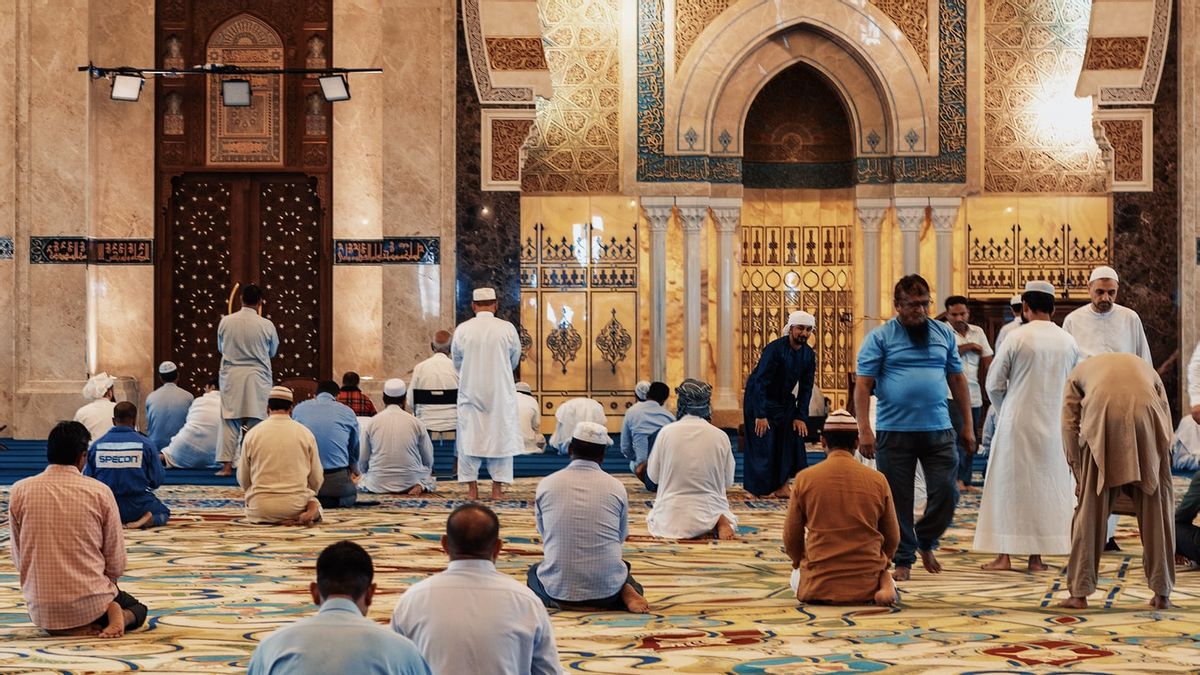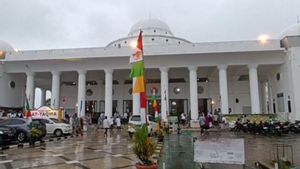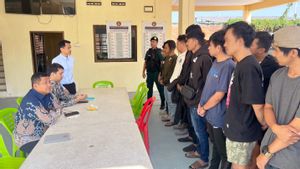JAKARTA - This year's Ramadan month requires a number of people not to travel outside and fast at home. Because, currently the whole world is being hit by the COVID-19 outbreak.
An expert commentator, Muhammad Quraish Shihab, said that the worship that can be done at home during the month of Ramadan for a Muslim is not only a ritual such as the five daily prayers.
"Don't think that all days at home must be in the form of ritual worship. I want our people to fully understand the meaning of worship, not just prayer. There are activities related to self-development," said Quraish in a video conference with BNPB, Friday, April 24.
Quraish explained that in the context of worship, it is introduced to tongue worship, body worship, soul worship, mind worship, treasure worship. While the corona virus pandemic requires us to do more activities at home, the opportunity to carry out these prayers is even greater.
Furthermore, Quraish asked the public to comply with government recommendations not to carry out compulsory prayers or tarawih prayers in mosques in order to prevent transmission of the corona virus.
"I think it is our duty to follow what is best by the government. The best thing now is at home. Do various activities that are in accordance with its values. As long as what is ordered does not conflict with religious goals, it is the duty of citizens to follow," he explained.
For information, this year there are many typical Ramadan activities that cannot be done. Because, at this time the public is asked to comply with the rules of social distancing-physical distancing due to the COVID-19 pandemic.

In order for the public to understand what must be done, the Minister of Religion Fachrul Razi issued a circular regarding the Guidelines for Ramadan and Eid 1 Syawal 1441H in the midst of the corona virus outbreak.
First, Fachrul asked people not to do sahur on the road and break their fast together. This is because these two typical activities in the month of Ramadan are gathering activities. Breaking the fast together, whether held in government agencies, private institutions, mosques or prayer rooms is also abolished.
In addition, tarawih prayers are asked not to be held in the mosque, but to be performed individually or in congregation with the nuclear family at home. Recitation or tadarus Al-Qur'an is done in each house.
The commemoration of Nuzulul Qur'an in the form of tablighs by presenting lecturers and masses in large numbers, both in government institutions, private institutions, mosques and prayer rooms were also eliminated.
People are also asked not to do itikaf during the last 10 (ten) nights of Ramadan at the mosque or prayer room. Meanwhile, the implementation of Eid Al-Fitr prayers which are usually held in congregation, either in mosques or in the field, will be eliminated.
"In order not to carry out a round trip, the activity is sufficient to be carried out at the mosque / musala by using loudspeakers. Then, the Islamic boarding school activities through electronic media," said Fachrul.
The English, Chinese, Japanese, Arabic, and French versions are automatically generated by the AI. So there may still be inaccuracies in translating, please always see Indonesian as our main language. (system supported by DigitalSiber.id)












